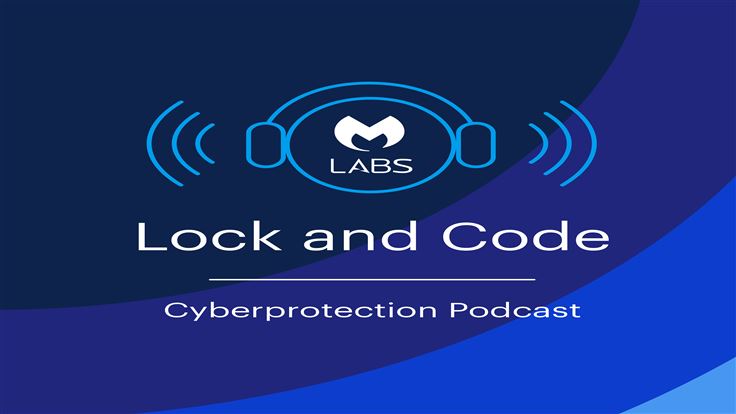Decades ago, the promise of the Internet was clear: No one, depending on their age, gender, race, income, or place of birth, would be unwelcome from expressing their thoughts and ideas.
Today, that promise has been largely unfulfilled. As Malwarebytes discovered earlier this year, the Internet is a deeply unequal place for women, teenagers, and Black communities, Indigenous populations, and people of color. Women, above all demographics, told us that they felt both the least safe and the least private online, and when we looked at why that might be, the answers were obvious. Women face higher rates of cyberstalking. Women are almost singularly targeted by nonconsensual pornography. Women who are stuck in situations of domestic abuse are also reportedly more frequently impacted by the threats of stalkerware. Women also, as we learned, reported higher rates of receiving text messages from unknown phone numbers, and having their social media accounts hacked.
These are all the outcomes of an unfair Internet. On today’s Lock and Code podcast, with host David Ruiz, we dig into why so many real-life problems have followed women onto the Internet today.
Part of the problem, according to our guest Sue Krautbauer, is that the Internet has created tremendous latitude for bad actors to commit harms and then get away without a trace.
“It almost feels a bit like online guerilla warfare, right? Where they come in, and they lob something into the internet, and then they disappear again. And that can just have such an emotional and a mental toll on the victims because they can’t point to them and say it’s that person or that thing.”
Sue Krautbauer, senior director of strategy and development for Digitunity
Today, on the Lock and Code podcast, we speak with Sue Krautbauer, senior director of strategy and development for Digitunity, about the different—often worse—experiences that women face online, how pervasive such treatment can be, and why our Internet so often mirrors our real-life situations.
You can also find us on Apple Podcasts, Spotify, and Google Podcasts, plus whatever preferred podcast platform you use.










